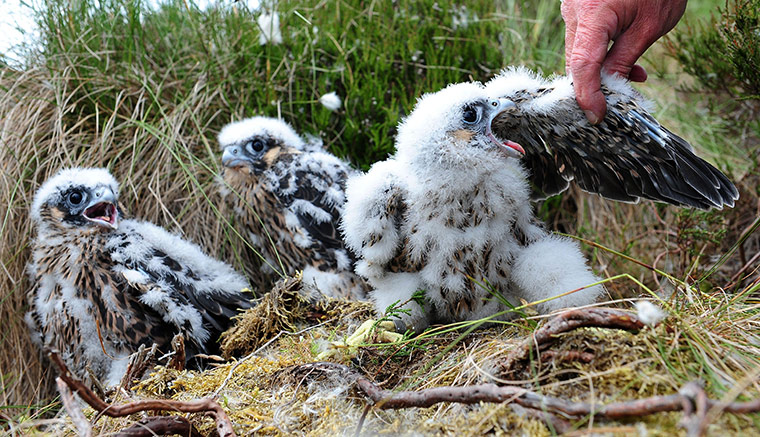TOP STORIES
Many animals are killed on the beaches of Uruguay
[Translation Disclaimer]
On the coast of Uruguay was found nearly 400 dead Magellanic penguins, dozens of seals, turtles and seabirds, said on Monday the local authorities.
Uruguayan environmentalists managed to save the lives of a few penguins. Not yet established the cause of this phenomenon.
However, both the sea and the beaches were found dozens of envelopes containing the insecticide Fertox, whose main component is the phosphine (PH3). The powerful pesticide used "in the semiconductor and plastics in the production of a flame retardant and as an insecticide on stored grain, for example, bulk carriers, according to authorities who confirmed the find.
However, it certainly can not say that chemicals were the cause of the death of many animals. Another rather strange phenomenon is that Magellanic penguins reached the coast of Uruguay so early. These animals each year migrate from southern Argentina to the Brazilian coast, traveling over 5,000 miles, and usually occur in areas of Uruguay only in July. In recent years many of them can not reach the coast of Brazil because oil spills in the Atlantic were blocking traffic.
09 June 2011
Location: Maldonado, Uruguay - Map It

>>>FULL ARTICLE
Thousands of dead fish in India, Philippines, Saudi Arabia and the Solomon Islands
[Translation Disclaimer]
Thousands of dead fish were found from June 4 onwards in India, Philippines, Solomon Islands and Saudi Arabia. Most of the cases point to the lack of oxygen possibly resulting from toxic chemical or discharged from neighboring industries.
In India the cause of the thousands of dead fish found this week along a river near Pavana Ravet was the lack of oxygen, officials from the Environment Service.
"The lab report on water samples revealed that the amount of dissolved oxygen in river water was depleted, which kills fish," said an official of the Environment, reported Times of India 9th day of June.
"We take water samples of river water on Wednesday (yesterday), and found that the dissolved oxygen level returned to normal," he added.
Deadly virus kills 180 of British Queen's swans
A deadly virus is said to have claimed the lives of more than 180 of British Queen's swans.
According to David Barber, the Royal Swan Marker, fewer cygnets will be born on River Thames this year because duck virus enteritis is killing birds, many of them breeding pairs, the British media reported.
He expects to confirm the decline in births during next month's Swan Upping, the annual census that dates back to the 12th century, that takes place between Sunbury in Surrey and Abingdon in Oxfordshire.
A harsh winter and attacks by youths have also had an impact, Baber said. "Shootings are up in the past year. These cause horrific injuries and slow deaths," he said.
08 June 2011
Location: River Thames, United Kingdom - Map It

>>>FULL ARTICLE
Rare beaked whale carcass found on Fort Pierce beach
The body of a beaked whale found stranded Thursday morning on a South Hutchinson Island beach is expected to provide valuable information about the rare and evasive species.
Grant Baysinger, a field biologist with Jensen Beach-based Ecological Associates conducting an early-morning count of sea turtle nests, found the whale carcass about 7:30 a.m. Thursday south of the Fort Pierce Inlet not far from the beach access across State Road A1A from Archie's Seabreeze.
"It was in the surf zone," Baysinger said of the whale, "in the sand but with the waves still washing over it. It had several shark bites and looked recently deceased."
09 June 2011
T Treadway
Location: Fort Pierce, Florida - Map It

>>>FULL ARTICLE
OTHER WILDLIFE HEALTH-RELATED NEWS
Photo credit: This Week in Wildlife
 BBC wildlife survey asks commuters to record sightings
BBC wildlife survey asks commuters to record sightings
- Caves Closed to Public in Mark Twain Forest [White-Nose Syndrome]
- Marine mammal deaths bring NOAA investigators to Skagway
- Ecology biased against non-native species?
- Seals shot dead on Cape Cod
- Graduates in action: Detecting emerging zoonotic disease




